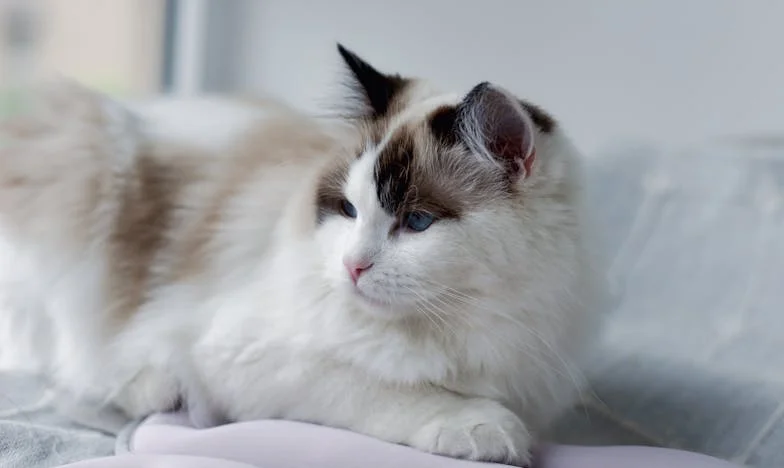Thirty Years a Daughter-in-Law: What I Learned After My Mother-in-Law’s Death
“You can’t possibly make it like she used to,” my husband, Mark, muttered as I stood over the bubbling pot of chicken and dumplings—the recipe scribbled on a faded index card in Edith’s sharp, slanted handwriting. The kitchen was thick with steam and tension. He didn’t even look at me; his eyes were set on the gray February sky outside, but his words landed like stones.
For three decades, I tried to fill Edith’s shoes. I married into the Wilson family at twenty-three, bright-eyed and in love. My own mother had died young, so I clung to the hope that Edith might become my surrogate. But she was never unkind, just distant—cordial, formal, always polite. She called me “Sarah” but never “dear.” She complimented my Christmas cookies but always compared them to her own. When I miscarried our first child, Edith sent a card but never called. When our daughter Grace was born two years later, she knitted a blanket, but I found a tag inside: “For my granddaughter, with love from Grandma Edith.” No mention of me. Never a joint signature. Never a hug.
Mark never noticed. Or maybe he did, but chose not to see. The Wilsons were stoic, reserved, big on Sunday dinners and small talk, but never on sharing feelings. I spent years trying to earn Edith’s approval—pinched deviled eggs, polished silverware, and smiled through awkward silences at Thanksgiving. I never dared to ask why she kept me at arm’s length. Maybe she thought I wasn’t good enough for her only son. Maybe I reminded her of something she’d lost. I told myself it didn’t matter, as long as I kept trying.
But the silence grew heavier. At family gatherings, I’d catch her glancing at me, her lips pursed. When I told her I’d gotten a job as a librarian, she smiled and said, “That’s nice, but who will pick up Grace from school?” When Mark lost his job, Edith sent him casseroles, but never asked how I was coping with the bills. I started to shrink into myself, speaking less, smiling more, pretending none of it hurt.
Edith’s health declined quickly. The cancer came quietly—like she did everything—and before we could process it, she was gone. The funeral was a blur of faces, casseroles, and sympathy cards. Afterward, Mark and I cleaned out her house. He sorted photo albums; I boxed up teacups and scarves. In the back of her closet, I found a small, locked chest. Mark handed me the key, saying, “She wanted you to have this.”
Inside were letters—hundreds, tied in neat bundles. Some were addressed to Mark, others to Grace, and a few, to me. My hands shook as I opened the first one, dated the year Mark and I married.
“Dear Sarah,
I don’t know how to say this to your face, so I’ll write it here. You are not the daughter I imagined for myself. I hope, one day, I can love you as my own. But for now, I will keep trying.”
My breath caught in my throat. Letter after letter, Edith chronicled her struggle. Her words were raw—sometimes hopeful, sometimes resentful. She wrote about the pain of losing her own mother, her fears that she’d lose Mark to me, her regret over things she never said. In one letter, after Grace’s birth, she wrote:
“I see how gentle you are with Grace. I wish I could tell you that I admire you. But I don’t know how to bridge the gap between us.”
I cried for hours, reading them all. Regret, longing, and love—bottled up and never spoken. I realized she’d spent thirty years wrestling with her own demons, unable to let me in, but never truly shutting me out. How many times had I misread her silence as disdain, when it was just fear?
When I showed Mark the letters, he read them quietly. “She never told me any of this,” he whispered. “I thought she just…didn’t like you.”
We sat together, sifting through Edith’s life, word by word. I remembered the Christmas she gave me a scarf, the time she brought soup when I had the flu, the quiet way she’d watch Grace at school plays. Small kindnesses that I had overlooked, blinded by my need for something bigger—an explicit blessing, a mother’s embrace.
I visited her grave that spring, clutching the last letter she’d written to me, dated just weeks before she died.
“Dear Sarah,
If you’re reading this, I’m gone. I hope by now you know I tried in my own way. I am proud of the mother you became. I am grateful you loved Mark, even when I made it hard. I wish I’d said these words to your face. I hope Grace knows how lucky she is to have you.”
I pressed the letter to my heart. Tears blurred the world. For thirty years, I ached for a mother’s love, not realizing it had been offered in the only way Edith knew how.
Now, the house is quieter. Mark hugs me more. Sometimes we talk about Edith, and sometimes we don’t. I still make her chicken and dumplings, and Grace claims mine are better. I don’t correct her.
I wonder sometimes—how many of us are waiting for words we’ll never hear? How do we move on, knowing love can be silent, and forgiveness comes too late?
